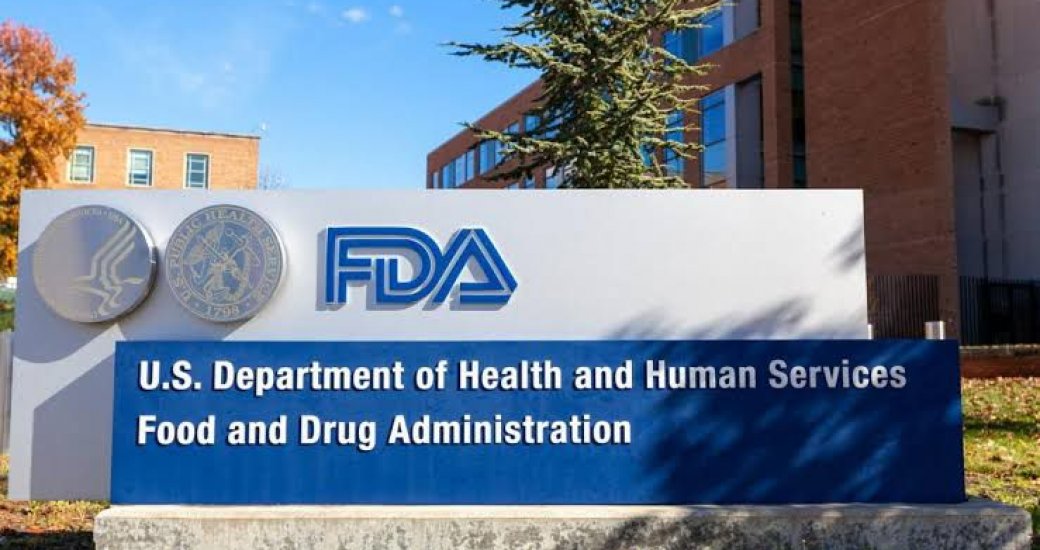
<a target="_blank" href="https://www.amazon.in/b?_encoding=UTF8&tag=tgmnews-21&linkCode=ur2&linkId=0471f7a2c66dcf96db1c8edcbb3e4c7e&camp=3638&creative=24630&node=26382244031">RJ</a>
In recent years, the American Pharmaceutical industry has been booming with medical supplies from all across the globe. Indian Pharmaceutical companies rank among the top two of these suppliers and go through a series of stringent procedures and inquiries to seek approval from the U.S. Food and Drug Administration (FDA). The drugs are required to meet the US Agency’s good manufacturing practices (GMP) in order to enter American borders and continue trade.
However, lately, many domestic pharma companies are either struggling to seek this compliance or are caught in the cobweb of endless delays and waiting periods, resulting in a major dip in their revenues. Listed below are some of the potential causes for the same:
-
Lack of Infrastructure: Some companies, mostly the less established or smaller ones, may lack the necessary infrastructure and facilities to meet the stringent requirements laid down by the FDA. Inadequate investments in modern technology, equipment, and quality control systems may hinder the criteria for approval.
-
Increasing quality control issues: The organizations have faced crucial obstructions over quality control and manufacturing practices in the past. Instances of data integrity concerns, inadequate documentation, and lapses in quality control have led to warning letters and import bans from the US FDA.
-
Financial constraints: Adhering to US FDA standards often requires substantial investments in research and development, quality control measures, and infrastructural upgrades. Failure to allocate the necessary resources in the much-needed areas often leads to an ‘objection’ in the inquiry and ultimate rejection of the drug.
-
Complex supply chains: Few companies rely on outsourcing raw materials and active pharmaceutical ingredients (APIs) from complex global chains. This often leads to challenges in ensuring the traceability and quality standards of the material used, posing as a suspicious practice to the authorities.
-
Revamped guidelines: To stay in a constant loop with changing scientific understanding and emerging technology, the prerequisites for approval keep evolving. Hence, at times, it gets difficult for Indian pharma companies to keep up with the same.
It is crucial to remember that while some Indian pharmaceutical firms have encountered difficulties, there are many others that have satisfied USFDA requirements and are well-established in the global pharmaceutical market. The successes and capabilities of the Indian pharmaceutical industry as a whole shouldn't be overshadowed by the difficulties some businesses have endured.










